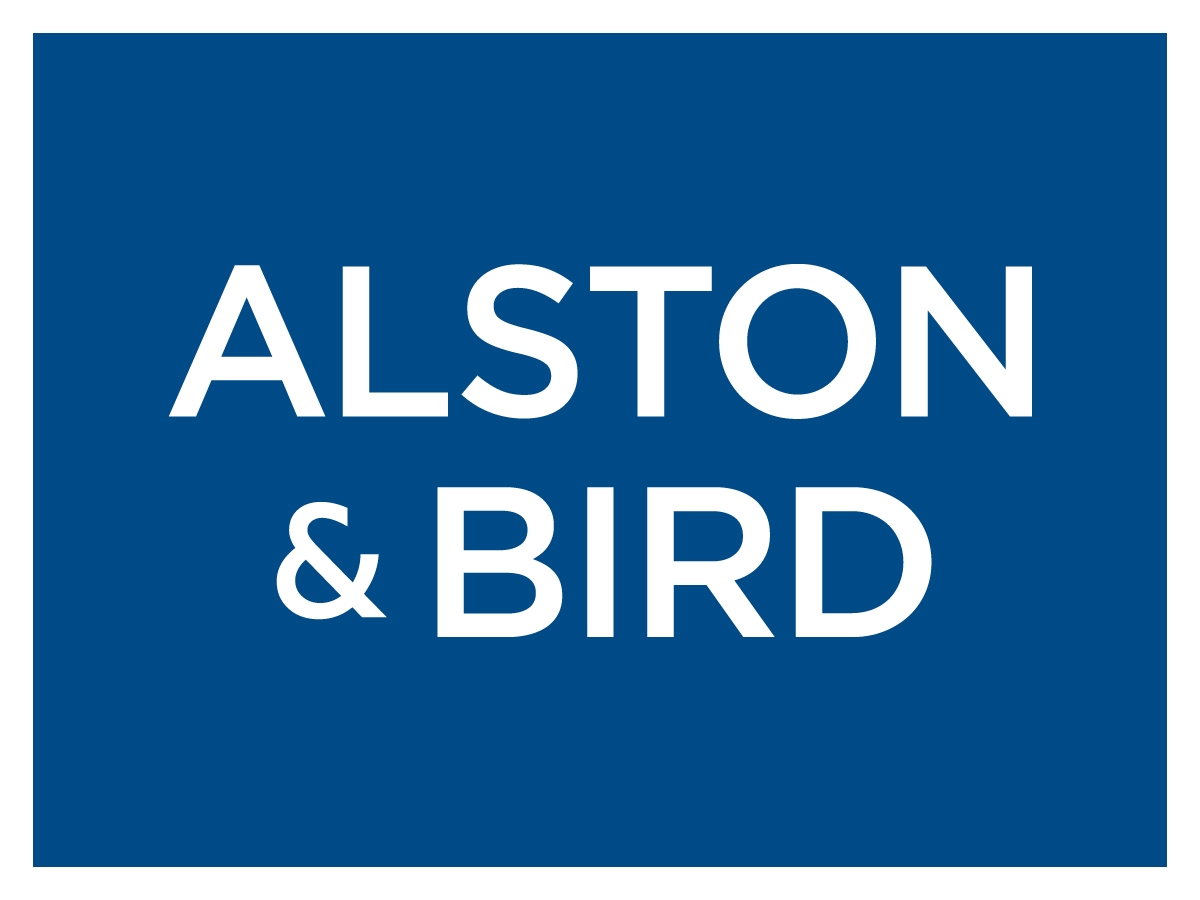Patent Case Summaries – November 2022 #2 | Alston & Bird
A weekly summary of the precedential patent-related opinions issued by the Court of Appeals for the Federal Circuit and the opinions designated precedential or informative by the Patent Trial and Appeal Board.
American National Manufacturing Inc. v. Sleep Number Corp., et al., Nos. 2021-1321, -1323, -1379, -1382 (Fed. Cir. (PTAB) Nov. 14, 2022). Opinion by Stoll, joined by Schall and Cunningham.
Sleep Number owns two patents directed to systems and methods for adjusting the pressure in an air mattress. American National filed IPR petitions challenging multiple claims of the patents, and the Patent Trial and Appeal Board issued final written decisions finding some, but not all, of the challenged claims unpatentable. During the IPRs, the Board permitted Sleep Number to present proposed amended claims.
On appeal, American National challenged various aspects of the Board’s determinations. First, American National argued that the Board erred in permitting Sleep Number to present proposed amended claims that both responded to a ground of unpatentability and made other changes not responsive to an unpatentability ground. The Federal Circuit explained that “nothing in the America Invents Act (AIA) or the Board’s regulations precludes a patent owner from amending a claim to both overcome an instituted ground and correct other perceived issues in the claim.” The court continued that, “so long as a proposed claim amendment does not enlarge the scope of the claims, does not add new matter, and responds to a ground of unpatentability in the proceeding, the patent owner may also make additional amendments to a claim without running afoul of the relevant statutes and regulation.” Here, because Sleep Number’s proposed substitute claims included a responsive narrowing limitation, “Sleep Number was free to include other amendments, including any addressing perceived §§ 101 and 112 issues.”
Second, American National argued that an admitted error in the priority application’s specification necessarily meant that the proposed amended claims were not enabled. The Federal Circuit disagreed. The specification itself made clear that the error was “obvious.” Also, Sleep…


